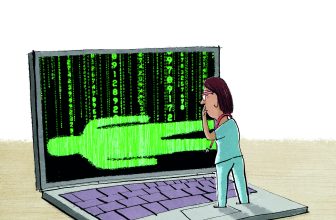
Ally McCoist suffering from incurable illness surgeries couldn’t fix | Football | Sport
Rangers and Scotland legend Ally McCoist has opened up about his struggle with an incurable hand condition that causes his fingers to uncontrollably bend towards his palms.
The 62-year-old disclosed he’s been battling Dupuytren’s contracture for years, a thickening of the palm’s skin that can eventually make fingers curl or move sideways.
Referred to as ‘Viking disease’ due to its prevalence among males of Northern European descent, the condition has seen McCoist endure multiple surgeries to rectify bent fingers, only to see the problem persist.
The celebrated ex-Ibrox icon told talkSPORT about his frustration with everyday tasks, admitting: “I have got Dupuytren’s. It’s a hereditary thing where your fingers close in.”
As texting becomes a painstaking task, McCoist recounted a sobering doctor’s visit: “I have had them done twice. I went to see the doctor and he said to me ‘Did your grandfather have it?’. I said ‘I don’t know’ because I never met any of my grandfathers, sadly they passed before I was born.
“I said to him ‘But my dad had it’. He lifted his head up and said ‘You’re unlucky because it normally skips a generation’. I said ‘That’s good news because I have got five boys’.
“My wee mum had it as well. My mum had it, my dad had it, it’s a hereditary thing. The bizarre thing with Dupuytren’s is when I went to see the doctor he said ‘I will operate on it but it will come back in roughly nine years’. And I swear to God nine years later it came back.
“I have seen myself sending a text message which takes me five minutes to text with one finger when I should just dial the number.”
It is believed that approximately two million people in Britain are affected by some form of Dupuytren’s, with notable figures such as Margaret Thatcher and actor Bill Nighy also having endured it.
The origins of the disease remain obscure, but it is known to be hereditary and progressively worsens as individuals age, particularly targeting around 20 per cent of those over 65.
The usual treatment for this affliction only kicks in once it becomes highly severe, when the fingers curl wholly inwards, which is when straightening surgery is considered. This surgical procedure usually involves excising sections of the implicated tendons or entirely removing them.



